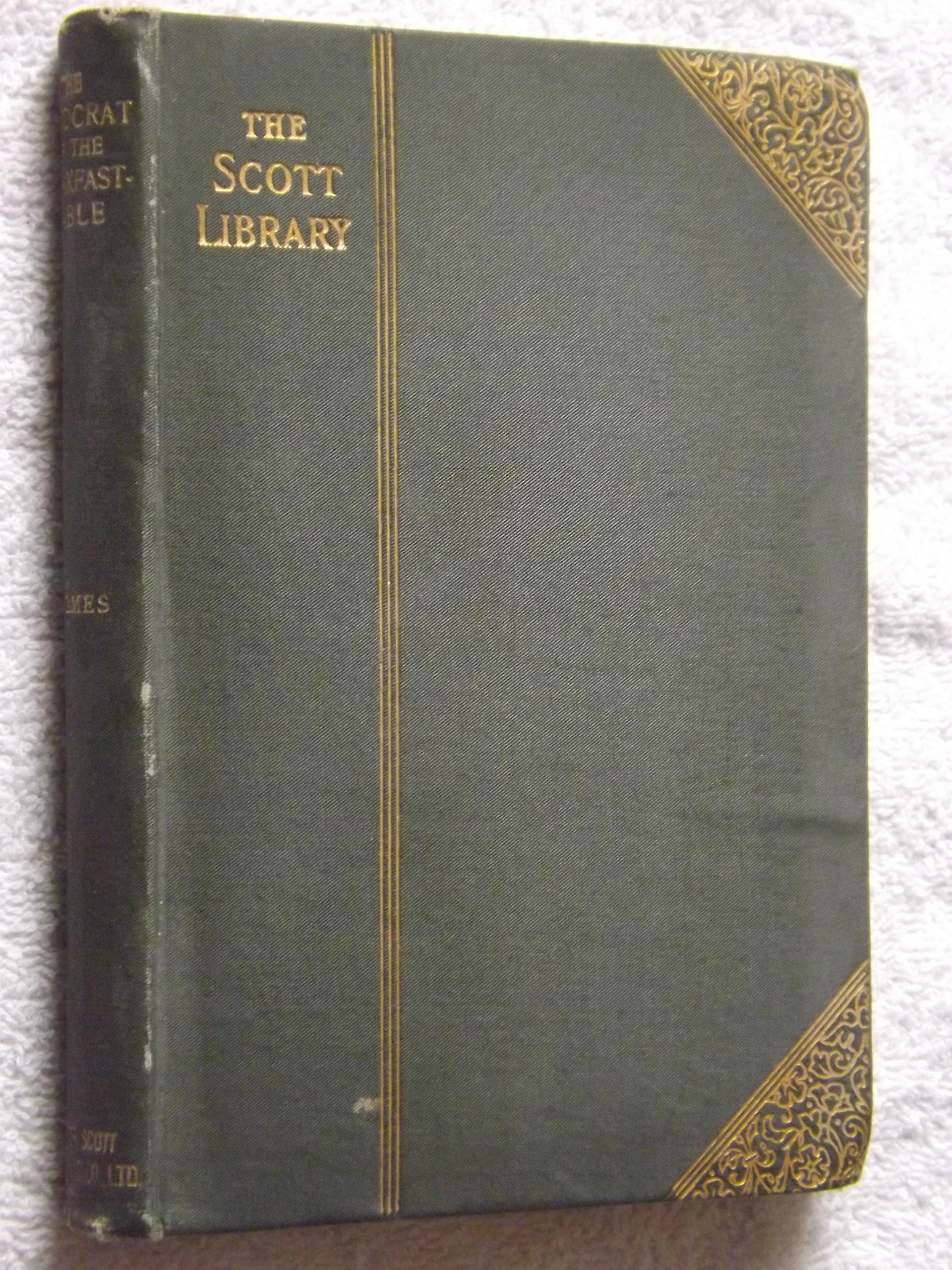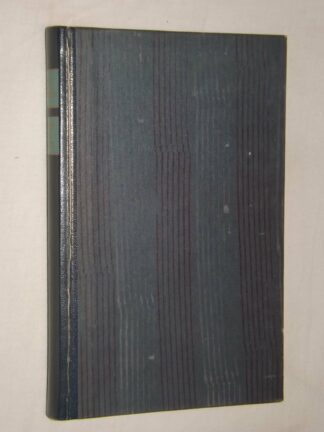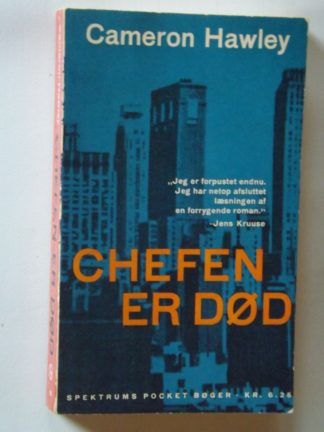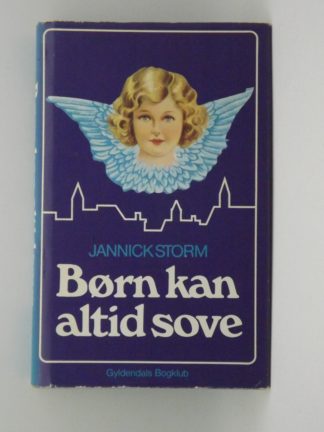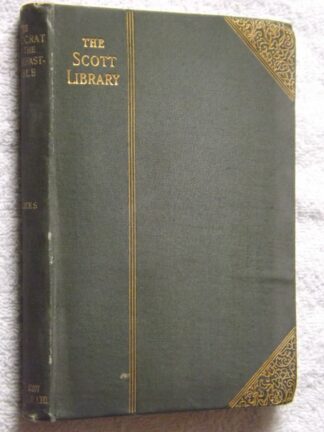Beskrivelse
Two oral practices flourished in antebellum America: the lecture (or sermon) and the conversation. Lectures, such as Emerson’s “The American Scholar” and sermons, such as the abolitionist sermons of Henry Ward Beecher, are well-known examples of this era. But it was also known as the Golden Age of Conversation, and its greatest practitioner was generally agreed to be Oliver Wendell Holmes, Senior.
Holmes was considered an important American writer until the 1920s when he was excised from the American canon by the modernists. They depicted him as willfully provincial, and elitist. What those critics failed to understand was that the Autocrat is also a comic pose, and that Holmes is making sport of everyone, including elitists. Holmes’ democratic view of conversation as an open, free-wheeling discourse where anyone could join the Autocrat at his table, as long as they enlivened the conversation, ran counter to the views of his more elitist friends in Boston’s Saturday Club in Boston. Holmes loved to talk, and his love for talk made him a democrat, or perhaps a true republican.
